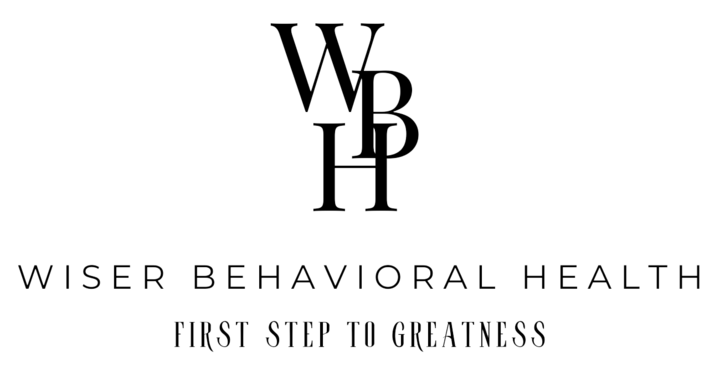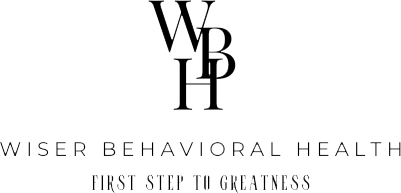Process addictions, unlike substance addictions, involve a compulsion to engage in rewarding non-substance-related behaviors despite adverse consequences. These can include gambling, shopping, internet use, gaming, and even more socially acceptable activities like exercise or work. The causes of process addictions are multifaceted and can stem from a complex interplay of genetic, psychological, and environmental factors. For instance, individuals with a family history of addiction are at higher risk, suggesting a genetic predisposition. Moreover, psychological aspects such as trauma, stress, or underlying mental health disorders such as depression and anxiety can significantly contribute to the development of these behaviors.
Environmental factors also play a critical role in the onset of process addictions. Societal pressures, cultural influences, accessibility to engaging in certain behaviors (such as internet use), and social isolation can all fuel the addictive cycle. Furthermore, the immediate gratification or escape that these activities provide offers temporary relief from life’s stresses and challenges, reinforcing the behavior until it becomes compulsive. Understanding these risk factors is crucial for prevention and developing effective treatment strategies that address not just the addictive behavior itself but also the underlying causes contributing to its manifestation.




